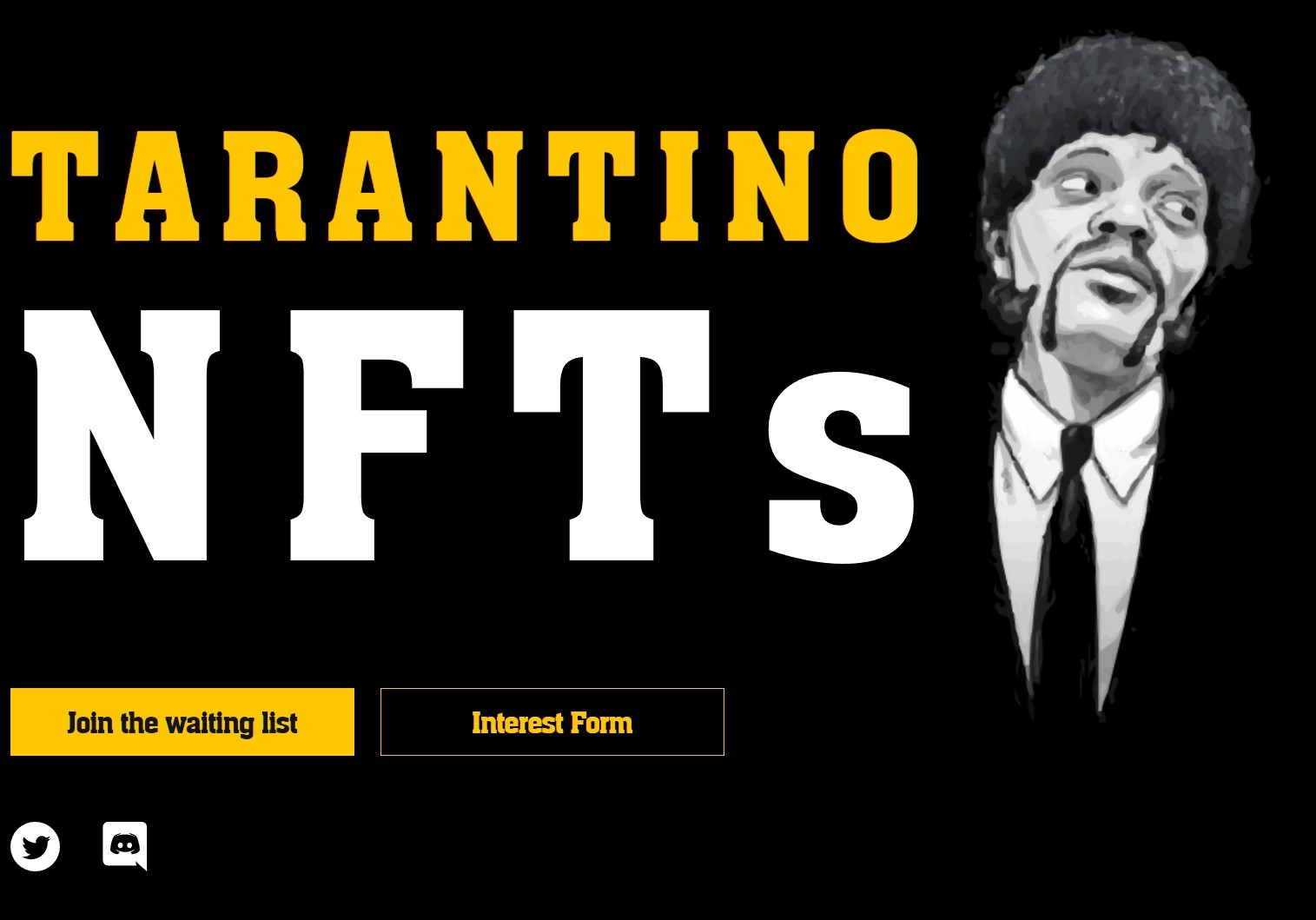 With the rise of NFTs in recent times, it was always a question of if, not when, controversies surrounding them would eventually descend into lawsuits. Following his first foray into the arena, Quentin Tarantino didn’t have to wait long.
With the rise of NFTs in recent times, it was always a question of if, not when, controversies surrounding them would eventually descend into lawsuits. Following his first foray into the arena, Quentin Tarantino didn’t have to wait long.
In an early November announcement, the world-famous director said he would begin selling Pulp Fiction-themed NFTs, tempting buyers with handwritten scripts and exclusive custom commentary. Two weeks later he was being sued by Miramax.
In a lawsuit filed at a federal court in California, Miramax said that Tarantino was cashing in on the non-fungible token boom but by doing so, he was trampling their rights and ignoring agreements.
“In short, Defendants seek to capitalize, unilaterally, on Miramax’s rights to Pulp Fiction,” Miramax wrote, demanding damages for breach of contract, copyright infringement and trademark infringement.
Taratino Fires Back
As expected, Tarantino isn’t backing down. In his answer to the complaint filed with the court Thursday, the film legend’s lawyers begin by emphasizing not only his contribution to cinema, but also to the success of Miramax.
“Twenty-eight years ago, Quentin Tarantino wrote a screenplay that would change the future of the entertainment business. He subsequently directed a film based on that screenplay, a critical darling and financial success that would, more than any other motion picture, define Miramax’s role atop the independent film pyramid. That
movie, of course, was Pulp Fiction,” they write.
“Now a shell of its former self and flailing under a new ownership consortium, Miramax has decided to bite the hand that fed it for so many years by bringing this offensively meritless lawsuit.”
Addressing the Allegations
Tarantino’s answer follows a familiar format of dedicating pages to variously denying allegations, admitting basic facts, or expressing insufficient knowledge to definitively respond. In broad terms, however, it is clear that Tarantino believes he is completely in the right, hasn’t breached any agreements, and is able to continue with his business venture without interference from Miramax.
“As Miramax knows well, Tarantino has every right to publish portions of his original handwritten screenplay for Pulp Fiction, a personal creative treasure that he has kept private for decades,” the answer continues.
“Tarantino’s contracts clearly and unambiguously grant him the opportunity to do so – those rights were carefully identified, bargained for and memorialized – and Miramax in its prior incarnation freely agreed.
“But now, the new Miramax implausibly attempts to use the concept of NFTs to confuse the public and mislead this Court in an effort to deny artists such as Tarantino their hard earned and long-standing rights.”
Miramax’s “ill-conceived lawsuit” will not succeed in preventing Tarantino from exercising his contractual rights, his lawyers add, since the director’s contracts – and the law – are clear.
Affirmative Defenses and Relief
Presenting a list of nine affirmative defenses, Tarantino’s lawyers cover everything from a lack of standing to sue through to copyright fair use, the doctrine of unclean hands, and Tarantino’s rights under the First Amendment.
They also want the case dismissed with prejudice, a judgment entered in favor of Tarantino, plus attorneys’ fees and costs.
The answer to complaint can be found here (pdf)
From: TF, for the latest news on copyright battles, piracy and more.
0 Commentaires